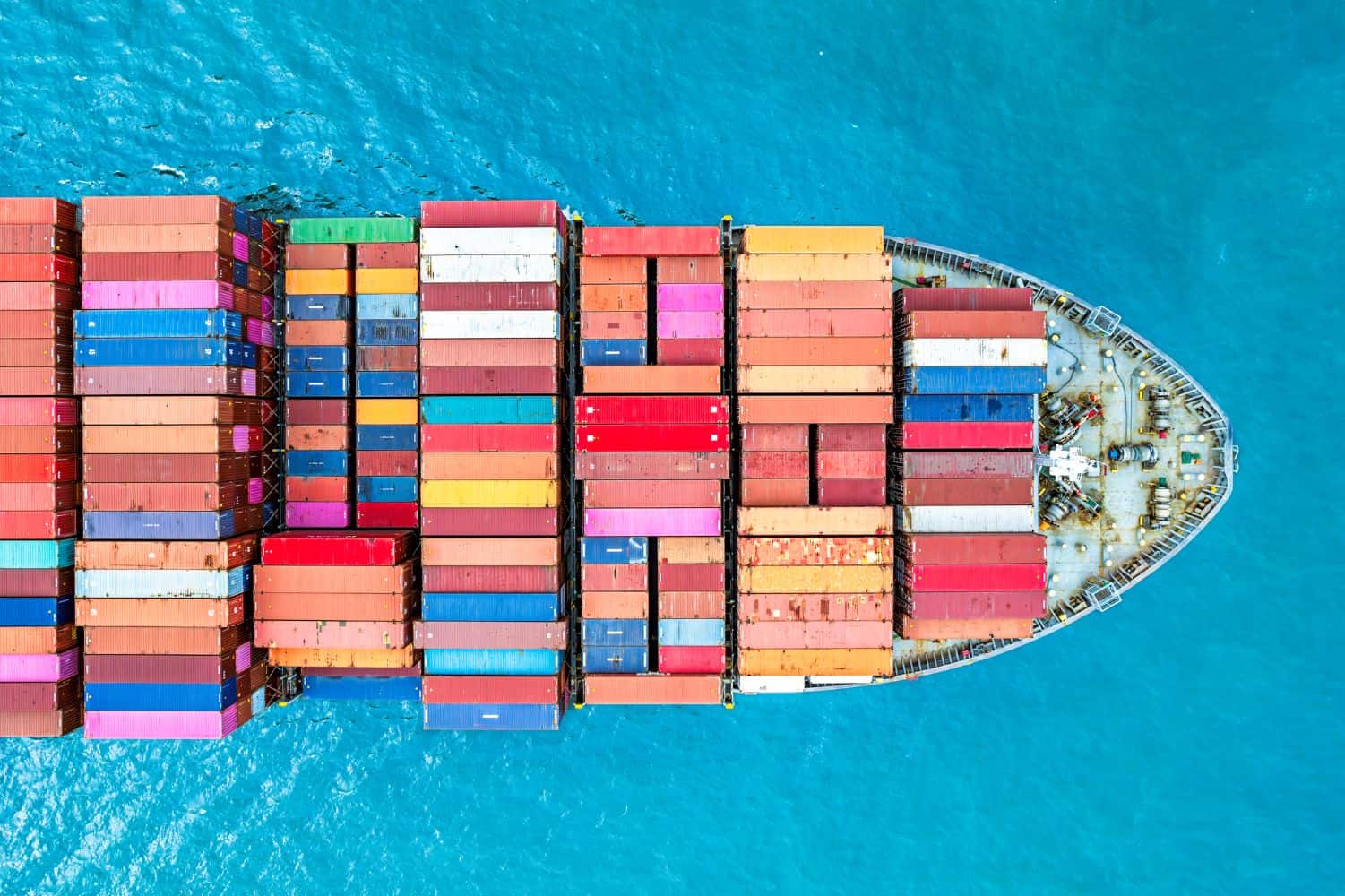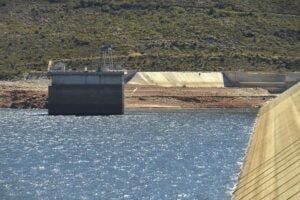Thousands of vessels are being diverted from the Suez Canal around the Cape.

The imminent arrival of Peninsula, one of the world’s largest marine bunker traders, in Algoa Bay, Gqeberha, means South Africa will be able to capture a larger share of the shipping traffic rounding the Cape, which has more than doubled since conflict broke out in the Red Sea in 2023.
Thousands of vessels have been diverted from the Suez Canal around the Cape since the Yemen-based Houthis started targeting vessels linked to Israel, in protest at its military campaign against Palestinians in Gaza.
While SA ports reported a modest increase in marine traffic as a result of the conflict in 2023 and 2024, most ships skipped SA as it was ill-equipped to provide bunkering (refuelling) services at the volume required. That is about to change.
Peninsula announced its plans to expand services to Algoa Bay on Tuesday, expanding its African footprint, which already includes Mauritius, Egypt and the Canary Islands.
ALSO READ: The global consequences of Suez Canal shipping disruption
The company is partnering with SA-based Linsen Nambi to provide bunkering services at Port Elizabeth and Coega, both of which are located in Algoa Bay on SA’s southeastern coast.
“This is a big step up for SA bunkering,” says Durand Naidoo, CEO of Linsen Nambi, one of two bunker service providers in SA. The other is African Marine Solutions, which provides bunkering services in Richards Bay, Durban and Algoa Bay.
“It’s unfortunate that SA was unable to capitalise on the increased traffic rounding the Cape after conflict broke out in the Red Sea, but we think the arrival of Peninsula to SA is a major step forward in rectifying this,” adds Naidoo.
ALSO READ: How much is the Suez Canal mishap going to cost?
Route changes
By 2025, nearly 30 energy and shipping companies from 65 countries reported route changes, most of them around the Cape, due to the conflict in the Red Sea. Maersk, Mediterranean Shipping Company (MSC), German carrier Hapag-Lloyd, and Israeli operator Zim Integrated Shipping Services are among those re-routing vessels away from the Red Sea.
The detour adds 10-14 days to the trip and can cost up to $1 million in extra fuel costs per voyage. Container shipping is most affected, with 80% of Suez Canal-bound traffic being rerouted.
Some oil tankers have partially resumed Red Sea passages during brief ceasefires.
Linsen Nambi operates two bunker tankers in Durban servicing BP, one in Cape Town servicing the Astron Refinery, and one in Algoa Bay. This year, it was announced as one of five companies selected to develop liquid bulk and green fuel terminals in the South Dunes Precinct of the Port of Richards Bay, under a 25-year concession period.
Peninsula, partnering with Linsen Nambi, will start delivering bunkering services at Algoa Bay from October, on one of the busiest maritime routes in the world.
ALSO READ: Concern as livestock vessels stuck in Suez Canal queue
John Bassadone, CEO at Peninsula, says the new service provides more consistent product availability and optionality to its global customer network.
“Algoa Bay is an area that, crucially, enables vessels to bunker without berthing, significantly reducing waiting times and lowering costs,” explains Bassadone.
“Together with our established presence in Mauritius, Algoa Bay allows us to create operational synergies across both markets,” said Guillermo Cancela, Peninsula’s regional supply manager for the Middle East and Africa, in a statement.
“By making key fuels available at these locations, we are opening doors for new opportunities and providing a reliable service to customers across the continent.”
Peninsula says it engaged with local stakeholders to reestablish the region’s bunkering activities, in line with the new regulation protocols, providing more options to ship operators working in the region.
ALSO READ: Cape Town Cruise Terminal hosts dual arrival of world-famous cruise liners
Peninsula operates as a physical distributor as well as a reseller of global marine fuel, including High Sulphur Fuel Oil (HSFO) and Very Low Sulphur Fuel Oil (VLSFO). It operates globally in over 500 ports, with an annual supply volume of about 18 million metric tons.
Naidoo says the plan is to increase the size of the bunkering fleet to capture a larger share of ship traffic in the Algoa Bay area. It will also provide jobs in the area.
“SA ports sell bunkers at a high price, thus lower volumes are sold. Therefore, more competition is good, as it will move the market towards equilibrium in terms of price and quantity.”
This article was republished from Moneyweb. Read the original here.






